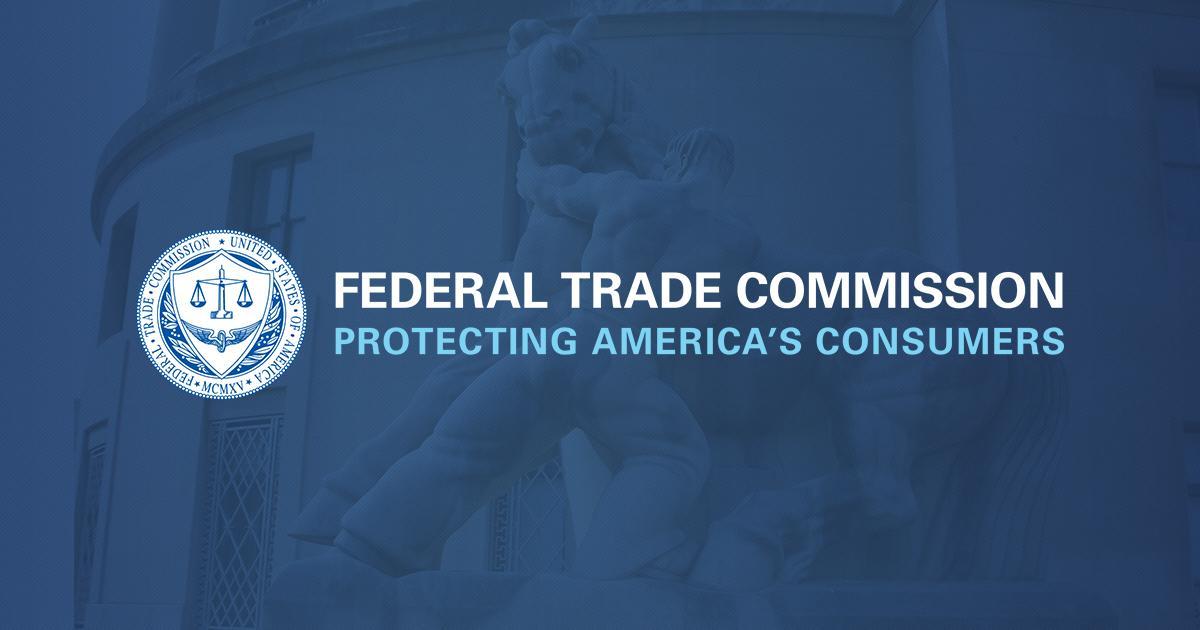Seeking to maintain competition in markets for key industrial finishing equipment, the Federal Trade Commission challenged Graco Inc.’s proposed $650 million acquisition of ITW Finishing LLC from Illinois Tool Works Inc., a rival producer of equipment used to apply paints and other liquid finishes to a variety of manufactured goods. According to the FTC, the proposed deal would hurt competition and lead to higher prices and reduced innovation for the North American manufacturers who rely on this equipment.
The FTC has issued an administrative complaint against Graco Inc., Illinois Tool Works Inc. and ITW Finishing LLC seeking to stop the deal. The FTC will file a separate complaint in federal district court in the District of Columbia seeking an order to halt the transaction temporarily, pending the FTC’s administrative proceeding and any subsequent appeals.
The companies manufacture industrial liquid finishing equipment, which is used to apply liquid finishes to nearly every manufactured product, from cars to wood cabinets to major appliances. A consistent high-quality finish is critical to the manufacturing process. Manufacturers need reliable, proven finishing equipment and access to local service, whenever a problem arises. Graco Inc. and ITW allegedly dominate markets for this equipment.
“Liquid finishing equipment is critical to manufacturers. Only three significant competitors sell and service it in North America, with Graco Inc. and ITW together dominating this field,” said Richard Feinstein, Director of the FTC’s Bureau of Competition. “Combining competitors in these markets would be a bad deal for manufacturers and consumers, and would leave them facing higher prices and reduced innovation.”
According to the FTC’s complaint, the specific product markets that will be harmed by Graco Inc.’s acquisition of ITW include the manufacture and sale of:
- liquid finishing pumps for industrial uses;
- liquid finishing spray guns, which apply paint and other liquid coatings to surfaces in industrial uses;
- proportioners, which mix and blend paint with catalysts and other liquids before applying the coating in industrial uses;
- circulation pumps for paint systems in automotive assembly plants; and
- industrial liquid finishing equipment for resale.
The FTC charges that if the proposed acquisition were completed, the combined firm would control a dominant share of all North American sales of industrial liquid finishing equipment and have a monopoly specifically in the market for circulation pumps used in paint systems in the automobile industry.
The FTC’s complaint also alleges that the proposed transaction would end the close competition between Graco Inc. and ITW, its largest competitor, reduce or eliminate the substantial one-time price breaks and other discounts both firms offer to distributors, and lessen Graco Inc.’s incentives to develop new products after the merger. The competition lost by the acquisition, the complaint states, could not be easily replaced, as Exel North America, the firm in the market with a distant third place in sales, as well as other fringe firms, lack the brand acceptance and distribution to challenge a combined Graco/ITW. Significant hurdles and barriers would also deter new competitors from entering the markets.
The Commission vote to issue the administrative complaint and authorize staff to file a complaint seeking a temporary restraining order and preliminary injunction in federal district court was 4-0. A public version of the administrative complaint will be available on the agency’s website shortly, and the evidentiary hearing is scheduled before an administrative law judge at the FTC, beginning on May 15, 2012.
NOTE: The Commission issues or files a complaint when it has “reason to believe” that the law has been or is being violated, and it appears to the Commission that a proceeding is in the public interest. The complaint is not a finding or ruling that the named parties have violated the law. The administrative complaint marks the beginning of a proceeding in which the allegations will be ruled upon after a formal hearing by an administrative law judge.
The FTC’s Bureau of Competition works with the Bureau of Economics to investigate alleged anticompetitive business practices and, when appropriate, recommends that the Commission take law enforcement action. To inform the Bureau about particular business practices, call 202-326-3300, send an email to antitrust{at}ftc{dot}gov, or write to the Office of Policy and Coordination, Bureau of Competition, Federal Trade Commission, 601 New Jersey Ave., Room 7117, Washington, DC 20580. To learn more about the Bureau of Competition, read Competition Counts. Like the FTC on Facebook and follow us on Twitter.
(FTC File No. 111-0169)
(Graco-ITW.final)

